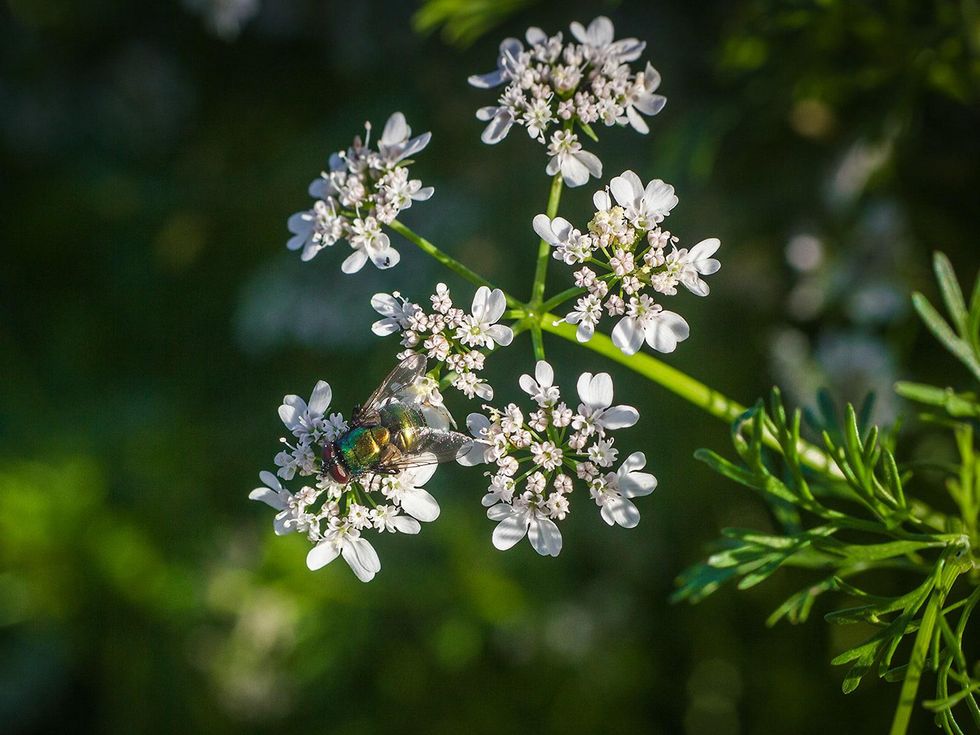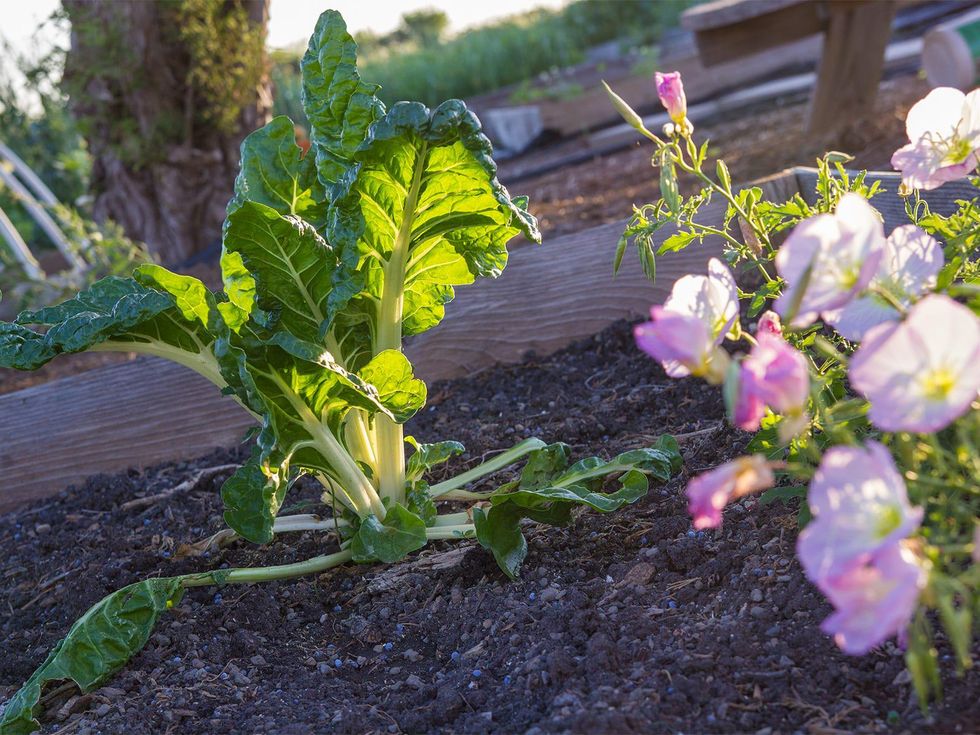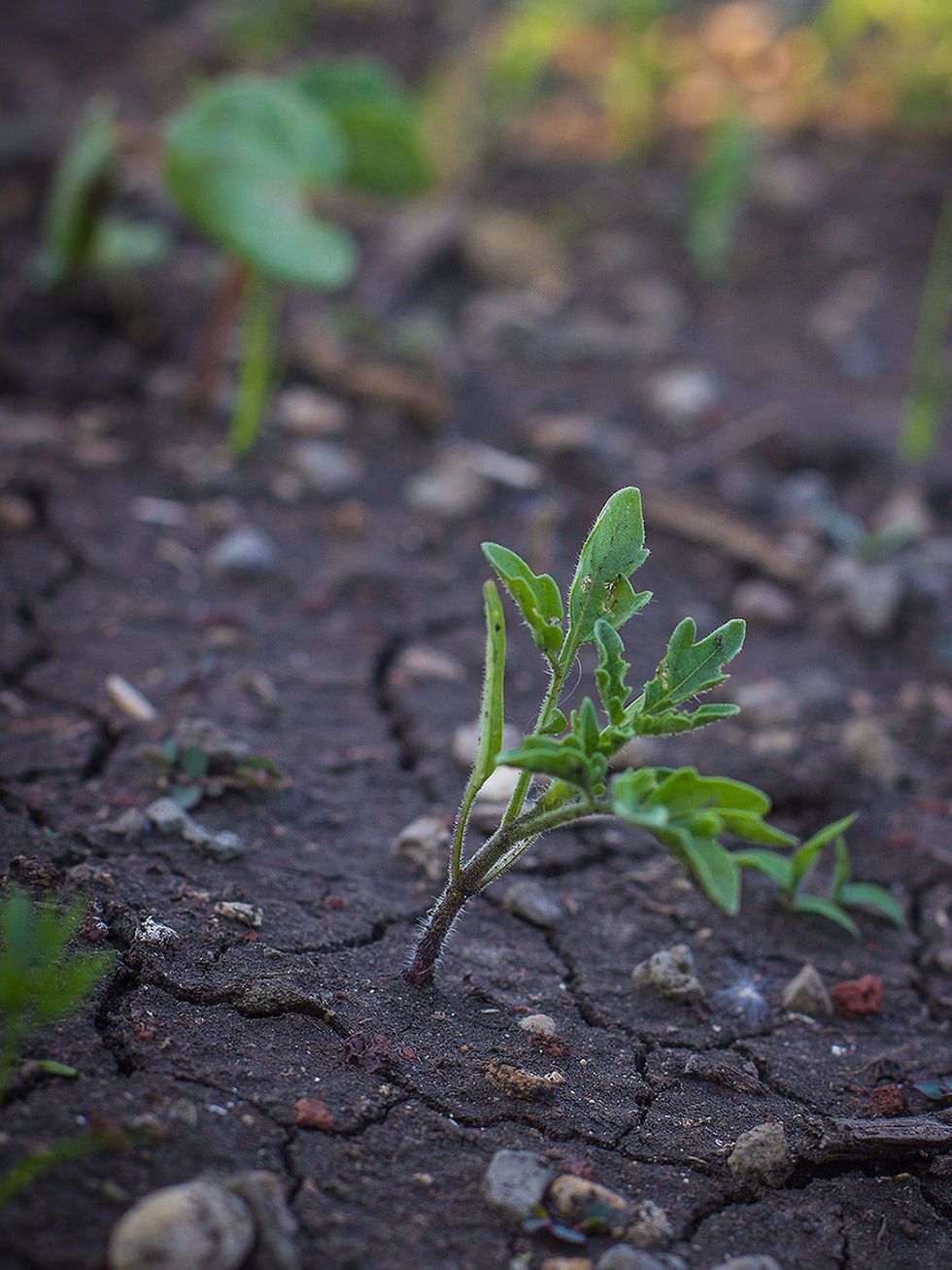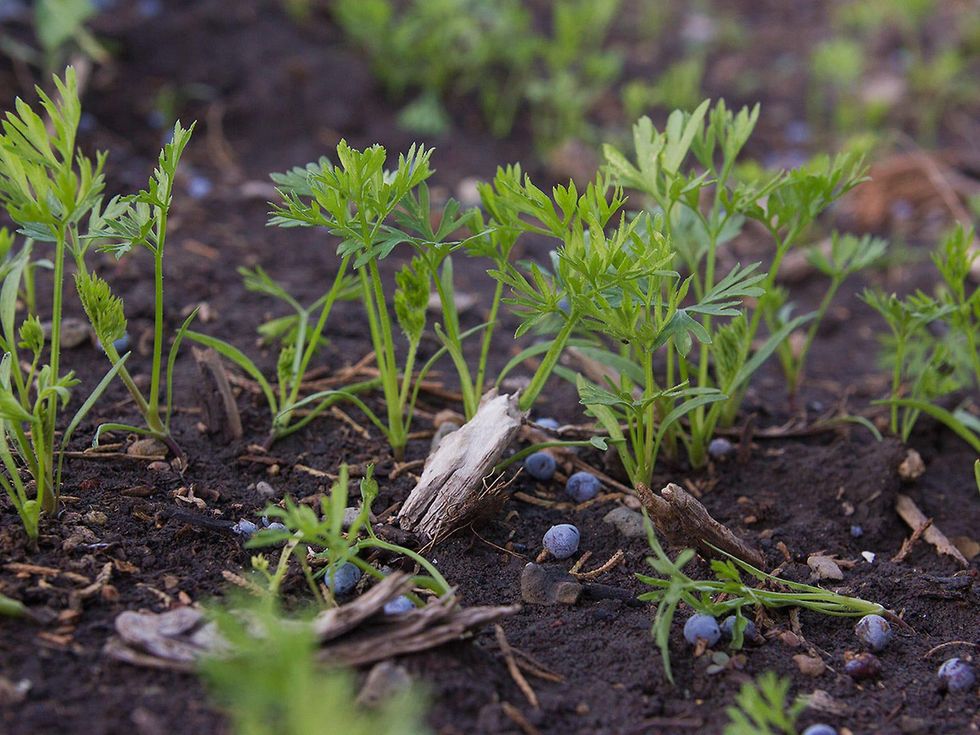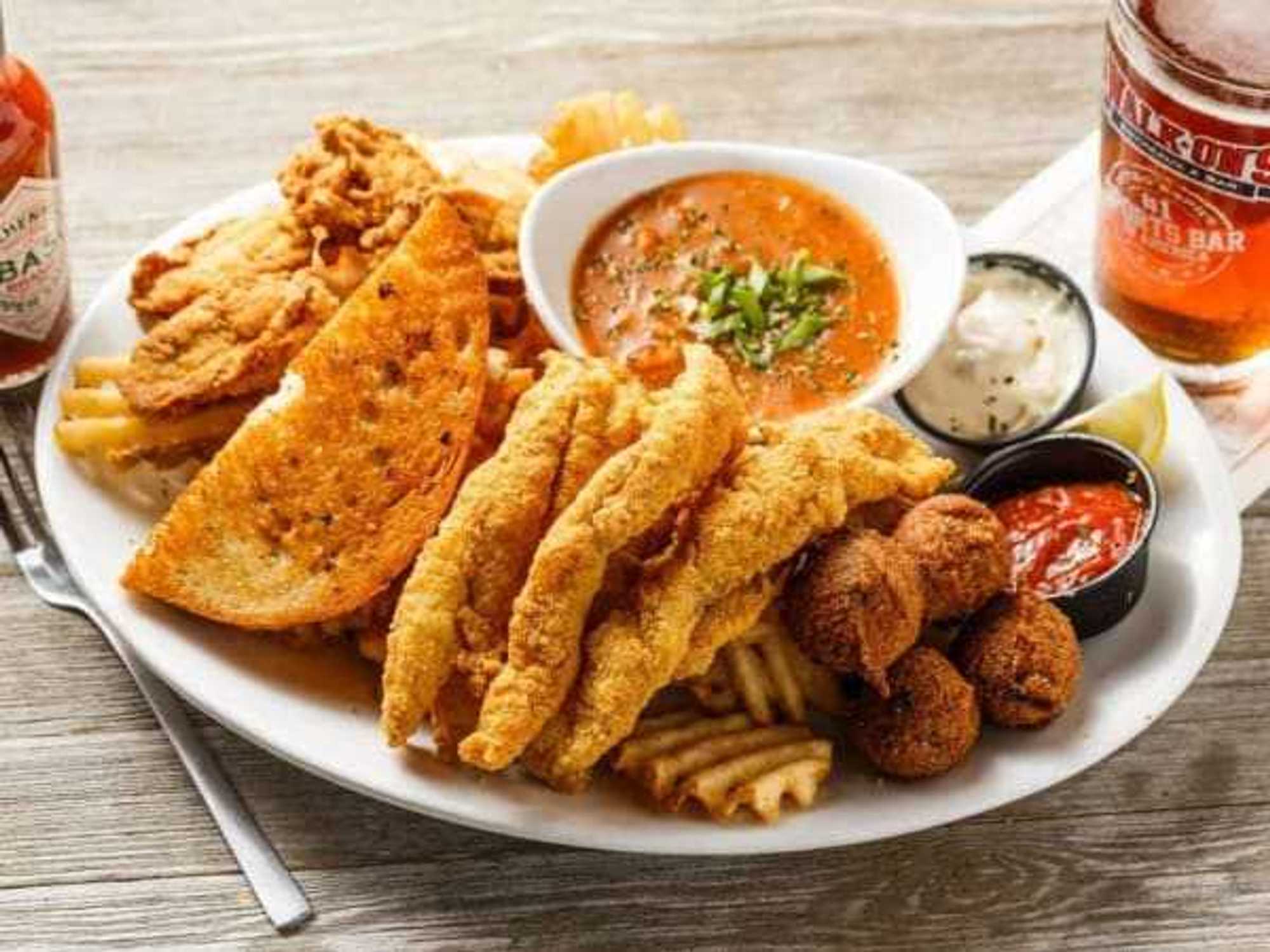The Farmer Diaries
Volunteer plants help Texas farmer overcome personal obstacle
True sustainability in my farming experiment is a mirage, always on the distant horizon. But I still pursue it, recognizing that the accumulated momentum of my pursuit might help get me through whatever challenges come my way.
There is a cause-and-effect situation that reaps rewards. Because I use compost instead of synthetic fertilizer salts, I don't have to till the soil. Because I shun chemical insecticides, good bugs outnumber bad ones. Even my choice of seeds has proven valuable, as I recently faced a personal setback.
Seed falls in three categories:
- Genetically modified organisms (GMOs)
- Hybrid
- Open-pollinated
Of course, I'd never plant GMO seeds. Genetically modified crops produced by Monsanto, Dow and Syngenta allow growers to douse their crops in herbicides, which I don't use in the first place. GMO crops have also been implicated in the decline of monarch butterflies and bees.
Hybrid seeds combine the best traits of two similar species of crop. They bring benefits such as disease resistance and greater yield. But those traits are not passed on to the next generation of seeds, so you have to buy them every year. It's a dependence I avoid.
Open-pollinated crops come from strains that have been around for generations. Their traits are a part of the core genetic makeup of each variety. As long as they are not planted too closely to another variety of the same crop, they'll stay true to type year after year.
You can buy a packet of an open-pollinated crop, plant it, gather the seeds and plant them the following year. The cycle can continue indefinitely, and you never have to buy seed again. These are the seeds I prefer.
Because of their stability, open-pollinated crops have a weed-like quality. They'll grow wherever an overlooked tomato or okra pod falls to the ground. The seeds can even sow themselves; the plants that grow from them are called volunteers.
Volunteers are what rescued me this year from an unexpected circumstance.
In mid-April I was preparing for a late frost, covering my tomatoes, when I noticed a black spot in the sky just over my line of sight. At first, the spot seemed like something, maybe mud, stuck on my brow. But nothing was there.
A day later, the spot grew until my whole hand could disappear into its darkness if I held it out in front of my face. Everywhere I walked, I felt as if some huge alien spacecraft was darkening the sky overhead.
I went to my ophthalmologist, who gave me the diagnosis: My retina had torn, a condition that hits one in 10,000 among nearsighted men over the age of 30.
I was referred to a retina specialist, who performed a procedure to stop the vision loss from spreading, though it would not restore what was already lost. He cautioned me to take it easy for a while, which I've been doing. So, I've planted very little since then, as I try to avoid activities that could jar my head and undo the procedure, or perhaps tear another part of the retina.
I had only accomplished half of what I intended to plant when I was sidelined. But all is not lost in my garden. Here and there in my beds, crops of carrots, Swiss chard, cilantro, tomatoes, basil and okra are growing, all volunteers springing up from past seasons. All I have to do is keep these volunteers watered, and they'll yield plenty to harvest, just as if they were plants growing from seeds.
This year isn't the first that volunteers have sprouted, but it is the first year that I've needed them to. It's safe to say that in a few more years of planting, all my 30 raised beds will have the potential to grow just about everything I've ever sown, all on their own.
My experience with the volunteers is an example of how farming, or anything else in life, can be done in a way that builds momentum as we labor away at it. That momentum can then carry us through periods where we have to take it easy for a while.
All we need is a comprehensive value for making decisions that pay off not only for today but for tomorrow and the day after. This is the meaning of sustainability as I see it, and it's a goal I try to step toward, even if it remains in the distance.
